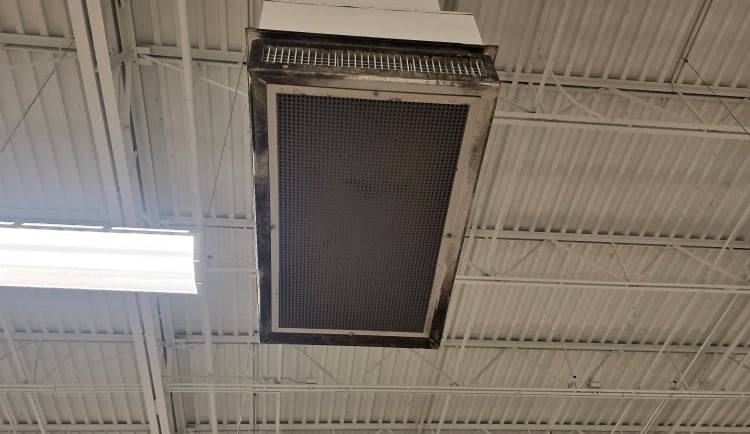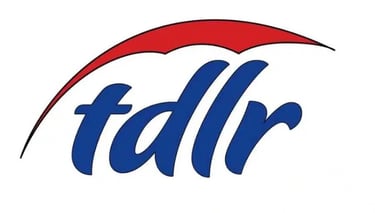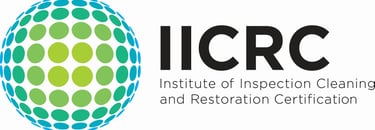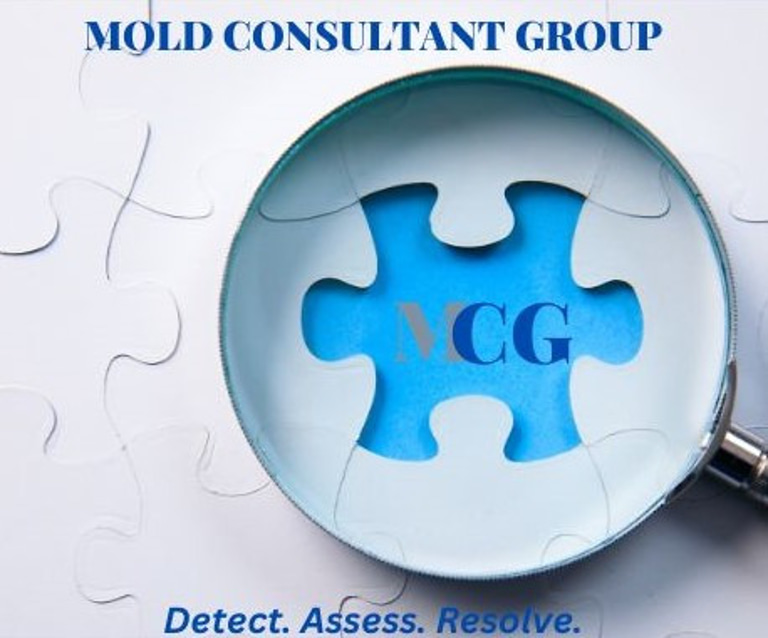How Mold Affects HVAC Systems
Discover how mold affects HVAC systems and what you need to know to prevent issues. Learn about the effects of mold on air quality and system efficiency.
3/13/20252 min read


Mold in Your HVAC System — What Texas Homeowners Need to Know
Your HVAC system is designed to keep your home comfortable year-round — but without proper maintenance, it can become a hidden source of mold growth and indoor air contamination. Once mold enters your ductwork or air handler, it can circulate spores throughout your entire home.
At Mold Consultant Group, we help homeowners across Montgomery, The Woodlands, Spring, Conroe, Willis, Tomball, Magnolia, and Cypress identify and resolve mold issues in HVAC systems before they impact your health or home.
🦠 Why Mold Grows in HVAC Systems
HVAC systems create the perfect conditions for mold: moisture, warmth, and limited airflow. Common causes include:
Condensation buildup in ducts or coils
Leaky drain lines or drip pans
Dust and organic debris inside vents or filters
Irregular maintenance, allowing moisture and spores to accumulate undetected
Without routine inspections, mold can spread quickly through your HVAC system — contaminating your indoor air every time it turns on.
🔍 Where Mold Hides in Your HVAC System
Ductwork: Mold spores settle and grow on the interior surfaces, especially if insulation is damaged or ducts are poorly sealed.
Evaporator Coils: These coils naturally produce condensation, which can lead to mold if drainage is blocked.
Drip Pans: Standing water in drip pans is a top source of HVAC-related mold.
Air Filters: Dirty or damp filters can harbor mold colonies that degrade indoor air quality.
🧊 Mold on HVAC Registers — What It Means
If you see mold on air vents or registers, it often points to high humidity or airflow problems. Common causes include:
Condensation: Moist air hitting cool vent surfaces leads to water buildup and mold.
Blocked airflow: Creates damp, stagnant air around the register.
Elevated humidity levels: Anything above 55% can promote mold growth on cool surfaces like vents.
🚨 Health Effects of Mold in HVAC Systems
When mold spores circulate through your home’s ductwork, they can impact everyone in the building — especially those with allergies or respiratory conditions. Common symptoms include:
Coughing, sneezing, or shortness of breath
Sinus congestion or skin irritation
Aggravated asthma attacks
Chronic fatigue, headaches, or brain fog
If these symptoms worsen when the AC or heater runs, your HVAC system could be the source.
⚠️ Signs You Might Have Mold in Your HVAC
Musty odors when the system turns on
Visible mold near vents or inside the air handler
Excessive moisture or standing water near the system
Increased allergy symptoms among household members
🛠️ How to Prevent Mold in HVAC Systems
Schedule regular HVAC inspections and coil cleanings
Replace air filters every 30–90 days (use HEPA-rated filters when possible)
Fix leaks promptly, including clogged drain lines or cracked drip pans
Control indoor humidity — aim for 30% to 50%
Use dehumidifiers in basements, attics, or other moisture-prone areas
🧪 What to Do If You Suspect Mold in Your HVAC
Turn off the system to avoid spreading spores.
Schedule a professional mold assessment with a licensed consultant.
Test the air quality and affected surfaces to confirm the presence of mold.
Coordinate remediation with a licensed contractor specializing in HVAC mold removal.
At Mold Consultant Group, we provide independent, lab-certified mold testing and can refer you to trusted, licensed remediators in your area.
📍 Serving Montgomery | The Woodlands | Spring | Conroe | Willis | Tomball | Magnolia | Cypress
📞 Worried About Mold in Your Air System?
Call 832-280-4747 or schedule a mold inspection at www.moldconsultantgrp.com
Protect your air. Protect your health. Let’s make sure your HVAC system isn’t spreading more than comfort.
Mold Consultant Group, LLC
Services
Contact
info@moldconsultantgrp.com
832-280-4747
© 2025. Mold Consultant Group All rights reserved.
Mold testing and identification
Mold assessments
Mold Protocols
Comparative remediation and repair estimates
CAD floor plans and measurements




